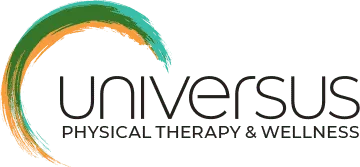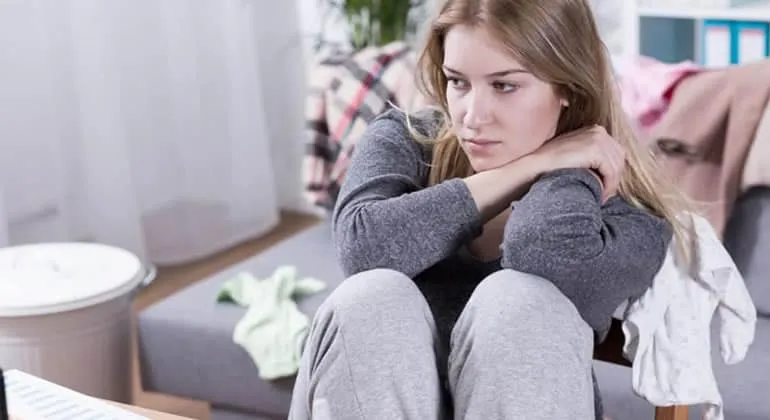Postpartum depression often brings an unwelcome array of symptoms to a time that most women simply wish to cherish and enjoy – the first few precious weeks with their new-born.
Postpartum depression makes an already challenging chapter of life even more difficult, and effective remedies can seem elusive, making it all too easy to feel overwhelmed and downhearted.
When feeling low during the postpartum stage, perhaps even to the point of being diagnosed with postpartum depression, it may seem odd to consider consulting a physical therapist with an issue that relates to mental health.
However, postpartum depression is a complex condition with both physical and psychological elements that intertwine and affect each other.
This does not mean that treatment for postpartum depression also needs to be complicated. In fact, it is often the simplest strategies that prove the most effective.
More Blogs From Universus
Is Pain Putting The Brakes On Your Sex Life?
Is Bad Posture Causing My Back Pain?
How Physical Therapy Can Cure Your Headaches
What is Postpartum Depression?
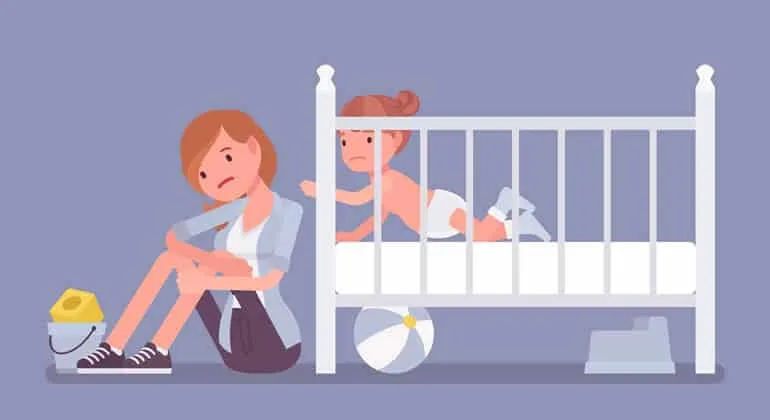
The postpartum period is usually defined as the first six weeks after giving birth, and postpartum depression is an assortment of depressive symptoms that can take root and begin to cause problems during this time.
Given how much physical strain childbirth places on a woman’s body, combined with the numerous new responsibilities and routine changes that come with motherhood, it is incredibly common to experience what are known as the ‘baby blues’ in the immediate and fatigued days after delivery.
However, if these initial feelings fail to dissipate as you begin to physically recover, this may point towards postpartum depression.
Experts are still wrestling to fully understand the condition and its causes, but it is already acknowledged that up to 20% of women worldwide develop the symptoms of postpartum depression.
Many women are never diagnosed due to feelings of embarrassment, or failure preventing them from consulting their doctor. Many women feel awkward about feeling down during a time when friends and relatives expect them to be bubbly and cheerful.
The symptoms of postpartum depression vary but here are some of the most common:
- Feeling sad, hopeless or overwhelmed
- Feeling restless or mood
- Not feeling connected to your baby
- Having thoughts of hurting yourself or the baby
- Having trouble focusing, remembering things or making decisions
- Disrupted eating or sleeping patterns
- Losing interest in activities you have previously enjoyed
- Headaches, digestive issues or general aches and pains
- Withdrawing from social situations, friends and family
The symptoms of postpartum depression tend to ebb and flow, in turn affecting a mother’s ability to recognise that there’s an issue.
Successful bonding between mother and baby may seem out of reach as willingness to interact, and care as fully as possible, may fluctuate dramatically and for no obvious reason.
It takes time and courage to recognise that something is amiss and, at this stage, consulting your doctor or a trusted healthcare professional is highly recommended.
Your doctor or healthcare professional can offer a diagnosis and early guidance as well as various treatment strategies.
This will likely bring some much-needed relief while minimising the negative effects that your child and others around may be encountering.
In addition to conventional treatment via your doctor, you may wish to combine this with some physical therapy sessions. This can provide an effective second string to the bow, relieving many of your symptoms drug-free as well as setting you up for fully enjoying motherhood in the long-term.
Let’s take a more detailed look…
Using Physical Therapy to Tackle Postpartum Depression
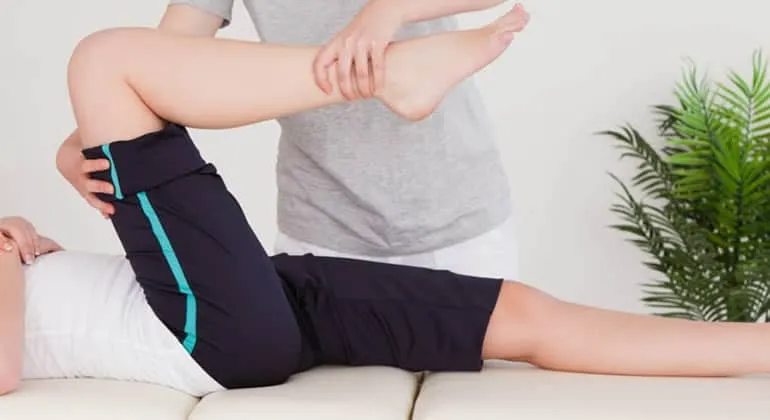
You will likely feel delicate and afraid of working on your physical self after having been through so much during childbirth, and this is perfectly natural. A physical therapist will understand what your body has endured as well as what is going on as your body recovers.
Not only can a Pelvic Floor Physical Therapist offer a variety of practical techniques to counteract the symptoms of postpartum depression, they can also help you understand how your physical condition affects your mental health and vice versa. They can offer much needed support and guidance as you work on regaining how you felt before pregnancy.
Here are some of the main aspects of postpartum depression that a physical therapist can work on with you…
Using Physical Exercise to Counteract Hormone Imbalance

It is thought that one of the main causes of postpartum depression is the dramatic hormonal shifts that occur between the latter stages of pregnancy and the beginning of postpartum.
Most women can say that they’ve experienced hormonal shifts and a plenitude of accompanying symptoms – not all of them pleasant – thanks to their menstrual cycle and similar shifts are at play following on from childbirth, albeit on a much bigger scale.
The reproductive hormones estrogen and progesterone – having been at an all-time high throughout pregnancy – abruptly tail off while prolactin and oxytocin alternate as baby begins to suckle.
These are entirely normal hormonal processes that are essential to childbirth and breastfeeding, but these hormones can also act as potent stressors.
In several animal studies, it has been demonstrated that withdrawal from oestradiol and progesterone can provoke depressive behaviour. It’s therefore no surprise that these same hormones can therefore challenge a mother’s mental health too.
Additionally, thyroid hormones noticeably drop after pregnancy, contributing to fatigue and exacerbating the problem. Many factors are at play simultaneously, leaving many new moms feeling as if their low mood couldn’t have come at a worse time.
If you’ve already consulted your doctor on depression within your postpartum phase, you’ve likely already been told that physical exercise is well worth a try; but it can be tricky to find the motivation and courage to do so.
It’s entirely possible that physical exercise feels like the last thing you want to try right now and that’s highly understandable given how delicate, sore and overwhelmed you may have felt since your new-born arrived.
However, take heart, a Pelvic Floor Physical Therapist can teach you how to ‘play fire with fire’ and fight back with safe and comfortable exercise techniques.
Exercise can help greatly in alleviating postpartum depression by normalising hormonal imbalances. Interestingly, the most notable effects tend to be recorded with those who are already experiencing depressive mood.
Using Physical Exercise to Counteract Stress and Low Mood
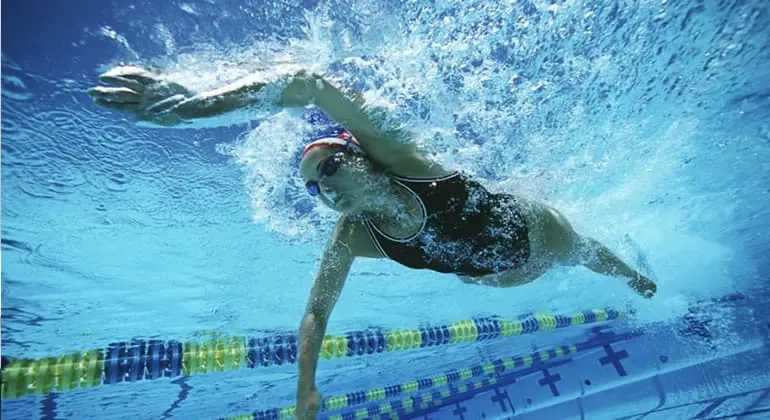
Exercise is well-renowned for its ability to combat the stresses and frustrations of daily life thanks to its physiologic effects across several areas of the brain, including the amygdala, the limbic system and the hippocampus.
These regions regulate our mood, levels of motivation, our memory and natural responses to stress, with significant effects that cascade throughout the whole body.
With physical activity, cognitive function begins to increase alongside self-esteem while anxiety and low mood reduce. Quite simply, there are multiple mental health gains to come from incorporating a little physical exercise into your day-to-day routine, not to mention the more obvious benefits of regaining fitness and weight management.
There are a wide variety of activities that have been proven to have these beneficial effects. These include walking, jogging, swimming, cycling, dancing and gardening, to name but a few! Additionally, there are many exercise classes specifically tailored for those in postpartum.
Not only do these allow you to work on your physical health but you can simultaneously connect with other women who are going through exactly the same issues as you.
Exercise will raise your dopamine, serotonin and noradrenalin levels – hormones renowned for combating depressive mood. Researchers have already found that exercising for as little as 60 minutes, 3 times a week can reduce postpartum depression by 15%.
Exercise can also help you regain your pre-pregnancy fitness and confidence, much of which can be done cost-free. Educating yourself on how to exercise safely and effectively at this time is the key to success and that is exactly where one of our physical therapists can guide and support you.
Treatment for Back and Pelvic Pain
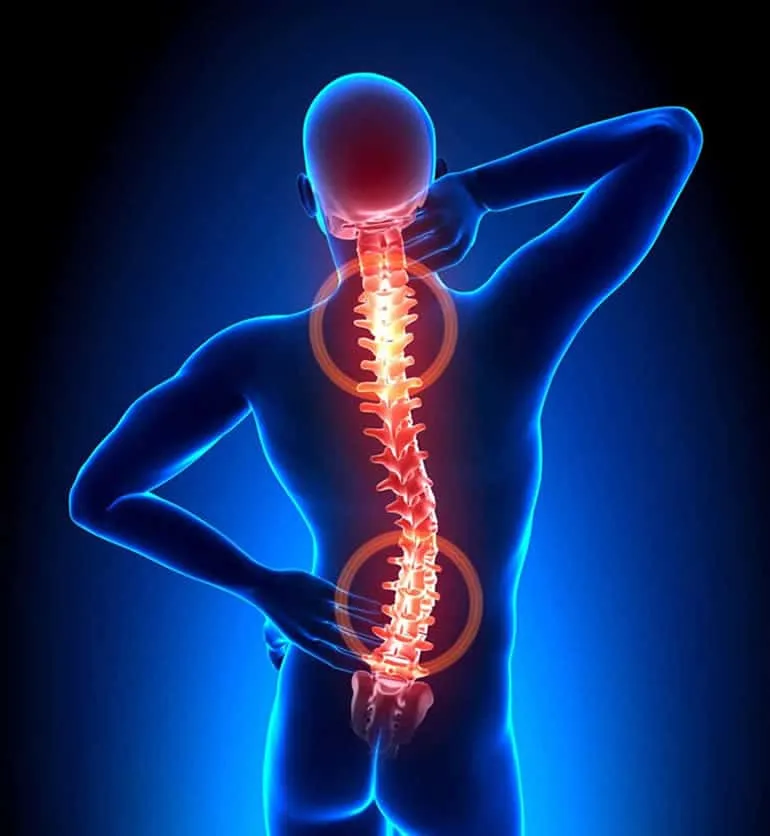
Although unlikely to be a direct cause of postpartum depression, the back and pelvic pain that often lingers beyond pregnancy can contribute to your overall mood.
As well as being physically debilitating and hindering movement – likely preventing you from enjoying those hormonal and mental health benefits that exercise can offer – pain is a recipe for feeling down and irritated at the best of times, let alone when you’re handling everything that comes during postpartum.
A Pelvic Floor Physical Therapist can help you unknot the strain that these areas have endured throughout pregnancy and childbirth, helping you feel a little more ‘get up and go’.
It’s Time To Get Help

The knowledge and techniques gained in physical therapy sessions can help ease both postpartum pain and stress as well as setting you up with good habits that will help you stay healthy for years to come.
A physical therapist understands you want to fully be a mom and they can help you do so safely and at a pace that is comfortable to you, freeing you up for making the most of every moment with the new life you’ve just welcomed into the world.
Don’t hesitate to contact us with any questions that you may have. Whether you’re experiencing or pain or have questions about how to prevent discomfort.
